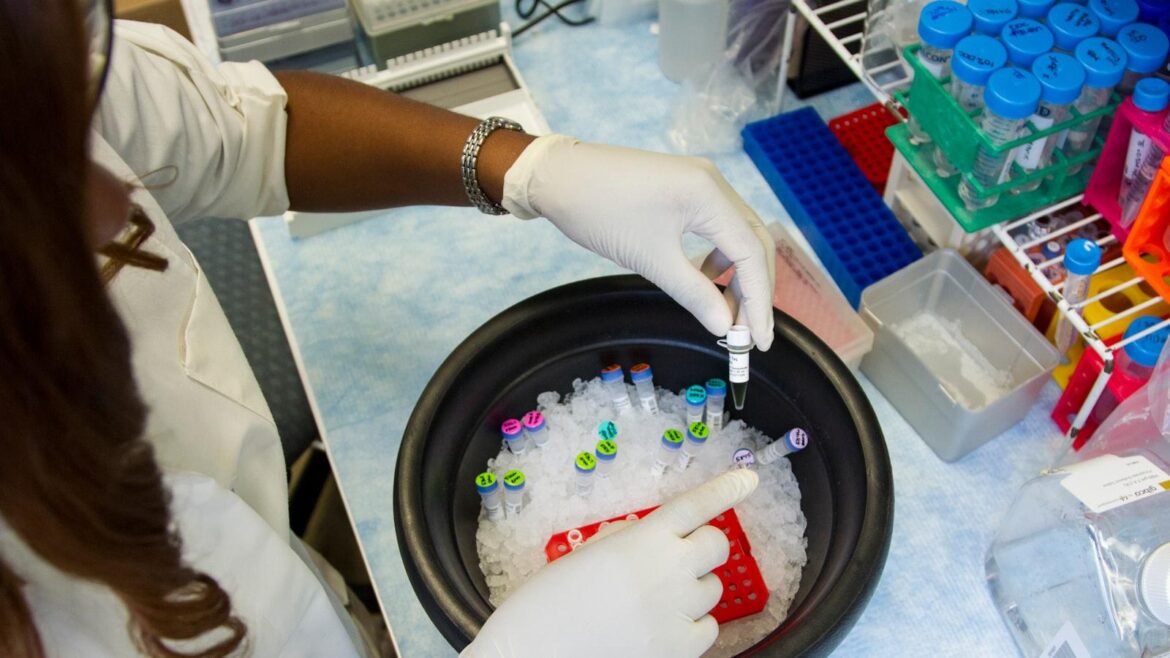In a groundbreaking feat of biotechnology, scientists have succeeded in engineering a new generation of microscopic superheroes – plastic-eating bacteria. With the power to break down plastic waste at an unprecedented rate, these innovative organisms hold the key to transforming our planet’s pollution problem into a thing of the past. Let’s delve into the science behind this revolutionary discovery and explore how these tiny allies are poised to help waste self-destruct before our very eyes.
Revolutionizing Waste Management with Plastic-Eating Bacteria
Scientists have made a groundbreaking discovery by creating plastic-eating bacteria that have the ability to break down various types of plastic waste, offering a potential solution to the global plastic pollution crisis. These genetically engineered bacteria have been designed to target common plastics such as PET, HDPE, and PVC, which are notoriously difficult to degrade through conventional methods.
Through a process known as bioremediation, these powerful bacteria can effectively digest and decompose plastic materials, converting them into harmless byproducts that can be safely reintegrated into the environment. This innovative approach not only helps to address the growing issue of plastic waste accumulation in landfills and oceans but also offers a sustainable and eco-friendly alternative to traditional waste management practices. With further research and development, these plastic-eating bacteria have the potential to revolutionize the way we handle plastic waste and pave the way for a cleaner, greener future.
Harnessing the Power of Biotechnology to Combat Environmental Pollution
Scientists have recently made a breakthrough in the fight against environmental pollution by developing a new strain of bacteria that has the ability to consume plastic waste. This innovative solution offers a promising way to address the global plastic pollution crisis that has been plaguing our planet for decades. The plastic-eating bacteria are engineered to break down common types of plastic, such as PET, into harmless byproducts, effectively turning waste into a self-destructing material.
The development of these plastic-eating bacteria marks a significant milestone in the field of biotechnology, demonstrating the power of harnessing nature’s own mechanisms to address complex environmental challenges. By leveraging the inherent capabilities of microorganisms to biodegrade plastic, scientists have opened up new possibilities for combatting pollution and promoting a more sustainable future. This groundbreaking technology has the potential to revolutionize waste management practices and contribute to a cleaner, healthier environment for generations to come.

Promising Solutions for Plastic Waste Crisis: A Sustainable Approach
Scientists have recently made a groundbreaking discovery in the fight against plastic pollution – they have created a strain of plastic-eating bacteria that has the ability to break down various types of plastic waste. This innovative solution offers a promising approach to tackling the plastic waste crisis that plagues our planet. By harnessing the natural abilities of these bacteria, researchers are hoping to significantly reduce the amount of plastic that ends up in our landfills, oceans, and ecosystems.
These plastic-eating bacteria have been genetically engineered to produce enzymes that can effectively degrade plastic materials such as PET, one of the most common types of plastic used in packaging. This sustainable approach offers a glimmer of hope in the quest to find viable solutions to the plastic waste crisis. With further research and development, these bacteria could potentially play a key role in helping plastic waste self-destruct, paving the way for a cleaner and greener future for our planet.

Implications of Using Plastic-Eating Bacteria for a Greener Future
Researchers have made a breakthrough in the fight against plastic pollution by engineering a strain of plastic-eating bacteria that could potentially revolutionize waste management. These bacteria have the unique ability to break down commonly used plastics such as polyethylene terephthalate (PET) into harmless byproducts, offering a sustainable solution to the growing plastic crisis.
The implications of using plastic-eating bacteria for a greener future are enormous. By harnessing the power of these microscopic organisms, we can reduce our reliance on landfills and incinerators, thereby minimizing the environmental impact of plastic waste. This innovative approach not only helps address the pressing issue of plastic pollution but also paves the way for a more sustainable and eco-friendly future for generations to come.
Insights and Conclusions
In a world drowning in plastic waste, scientists have unlocked a revolutionary solution – plastic-eating bacteria. This groundbreaking discovery has the potential to transform the way we deal with plastic pollution and create a cleaner, greener future for generations to come. As we continue to push the boundaries of science and innovation, one thing is clear: the power to change the world lies in our hands. Let us harness it wisely and pave the way for a more sustainable tomorrow.




